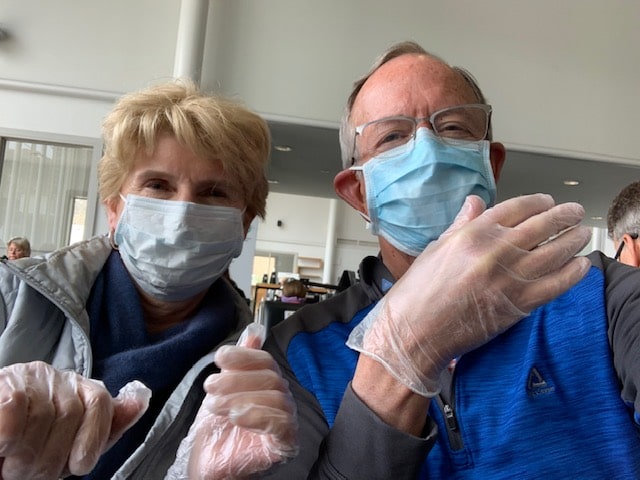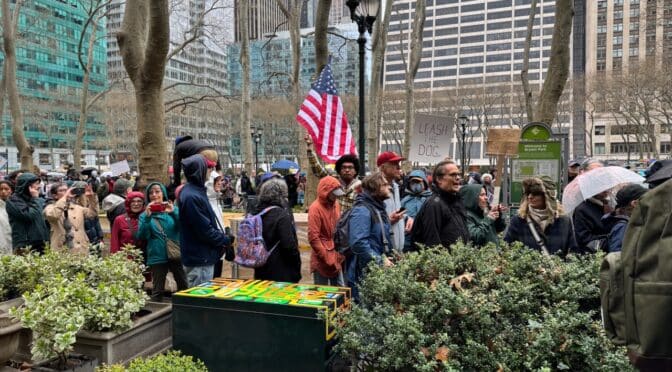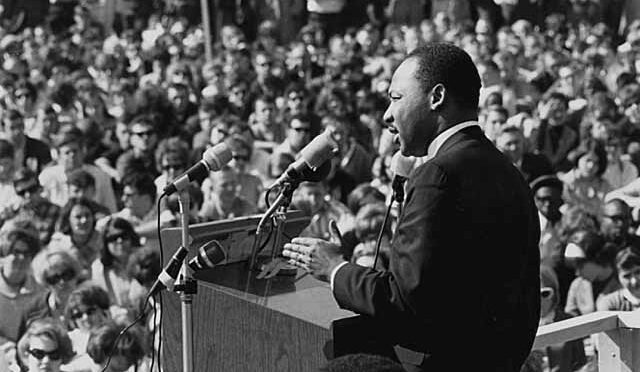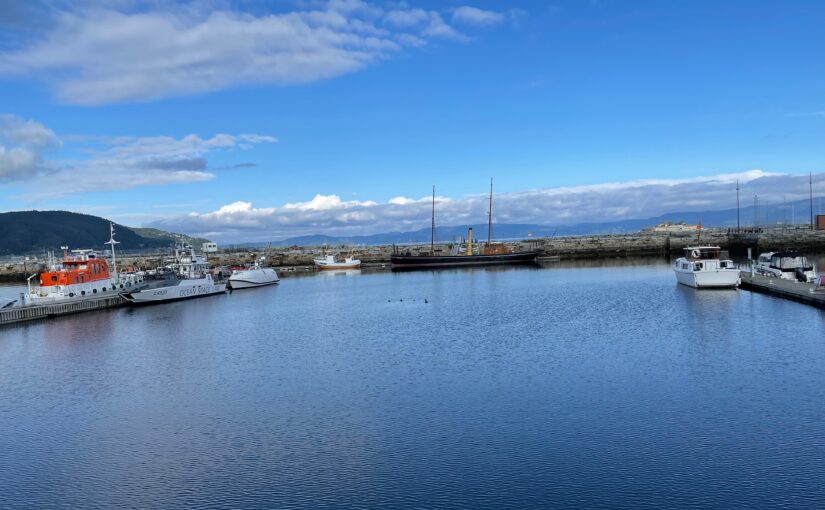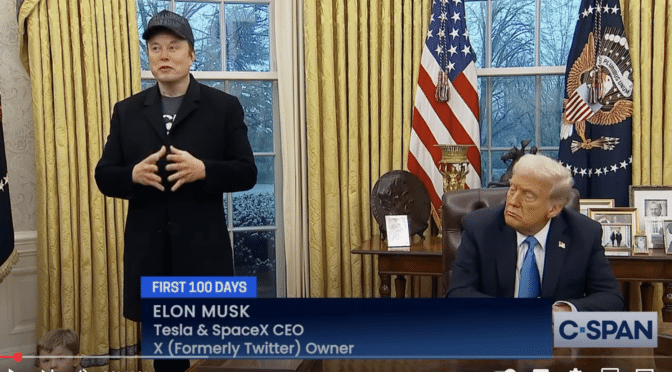Our friends Mike and Donna Ambrose from Savannah were on a wine tour in New Zealand when the coronavirus started shutting down travel all over the globe. This is Mike’s story about their tour and trip home to an altered world.
by Michael Ambrose
We had been looking forward to this trip for over a year. We started out in Sydney, Australia, for two days and then flew to New Zealand for sixteen days of wine tasting and touring the amazing countryside. Our guides Per and Britt Karlsson own BKWine Tours. We traveled the wine regions of South Africa with them in 2018 and Argentina and Chile the year before.
We loved this trip, but it ended far differently than we expected. The coronavirus stalked us throughout our entire visit, and finally caught up with us one day before our journey ended. But first, the good parts.
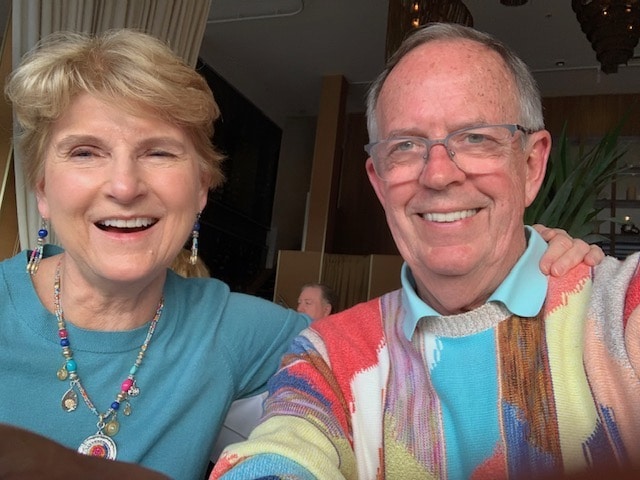
Sydney was our first stop. It is a beautiful, exciting city. We toured the spectacular Opera House.
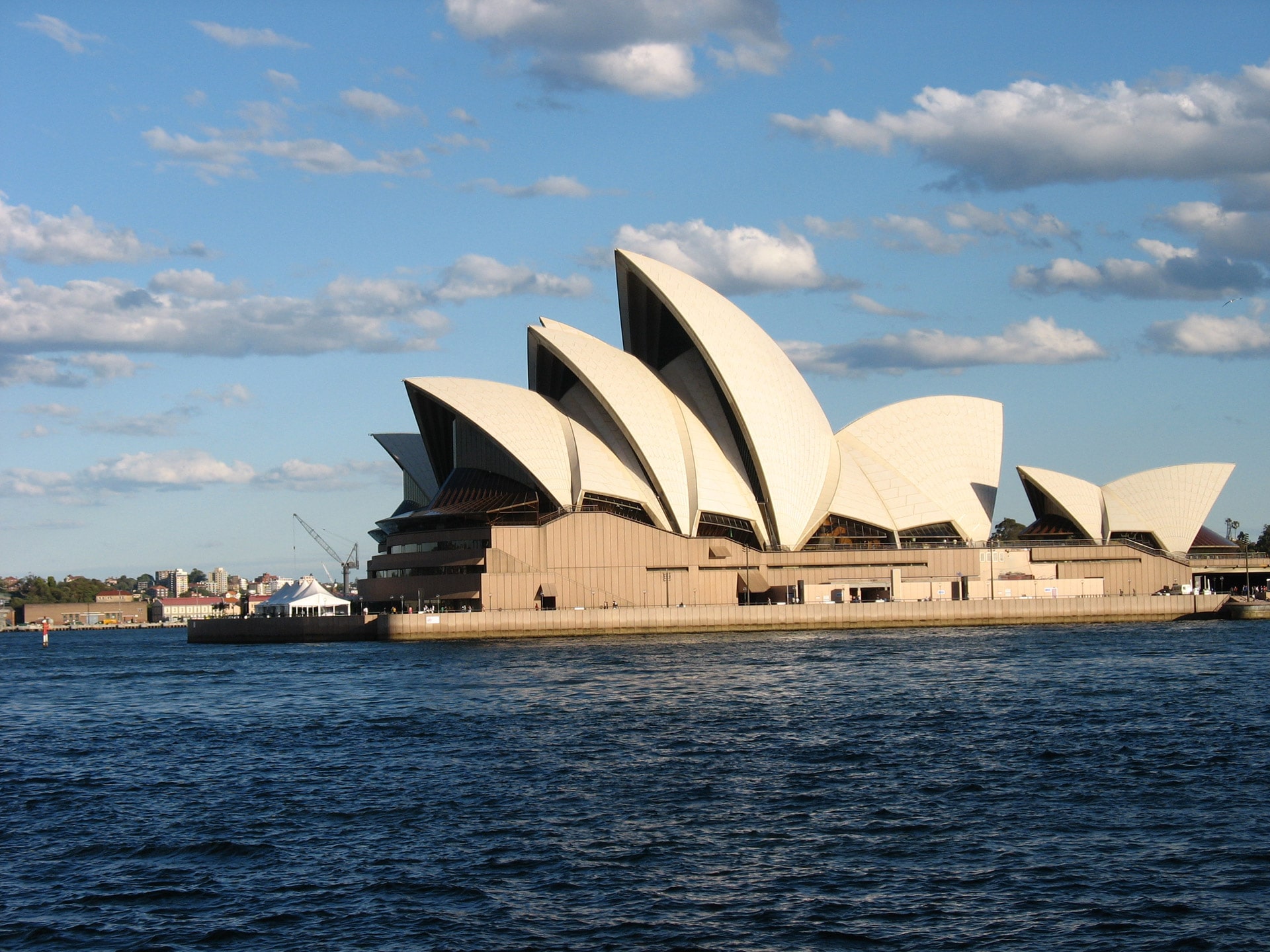
And we visited both the Zoo and Aquarium. The restaurants along the harbors served excellent food and very good wines. We saw news that infections of COVID-19 were increasing around the globe, but at the time, there were very few cases in either Australia or New Zealand.
When we flew out of Sydney to Auckland, the city was operating normally. But one day later, Tom Hanks reported that he and his wife, Rita Wilson, had both contracted the virus. She thought she’d been exposed while performing at the Sidney Opera House twenty-four hours after our visit to the site. The next day, Australia began shutting down, limiting incoming visitors.
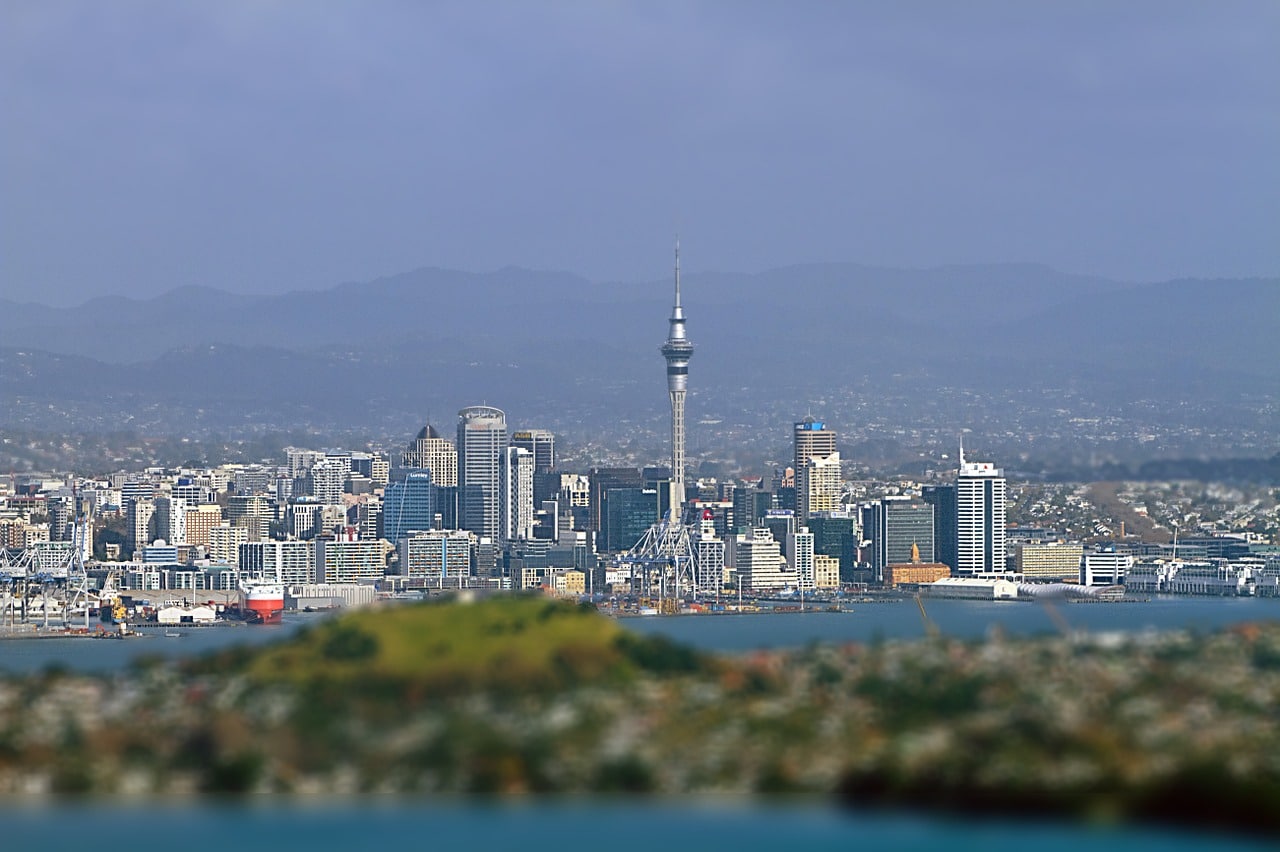
Meanwhile, our tour of New Zealand started in Auckland. For sixteen days we traveled south, more than one thousand miles to Queenstown on New Zealand’s South Island. Six of our group of twenty-four were from the U.S. and the rest were Europeans. We took in beautiful sights including national parks and museums.
But the primary purpose of our trip was to visit wineries, and of course, taste wines. Our schedule included the Mondillo, Carrick, Arum and Gibbston Valley wineries. This area called Central Otago is known for Pinot Noir, Riesling, Pinot Grigio and some Gewurztraminer. Harvest had begun and we tasted grapes right from the vines.
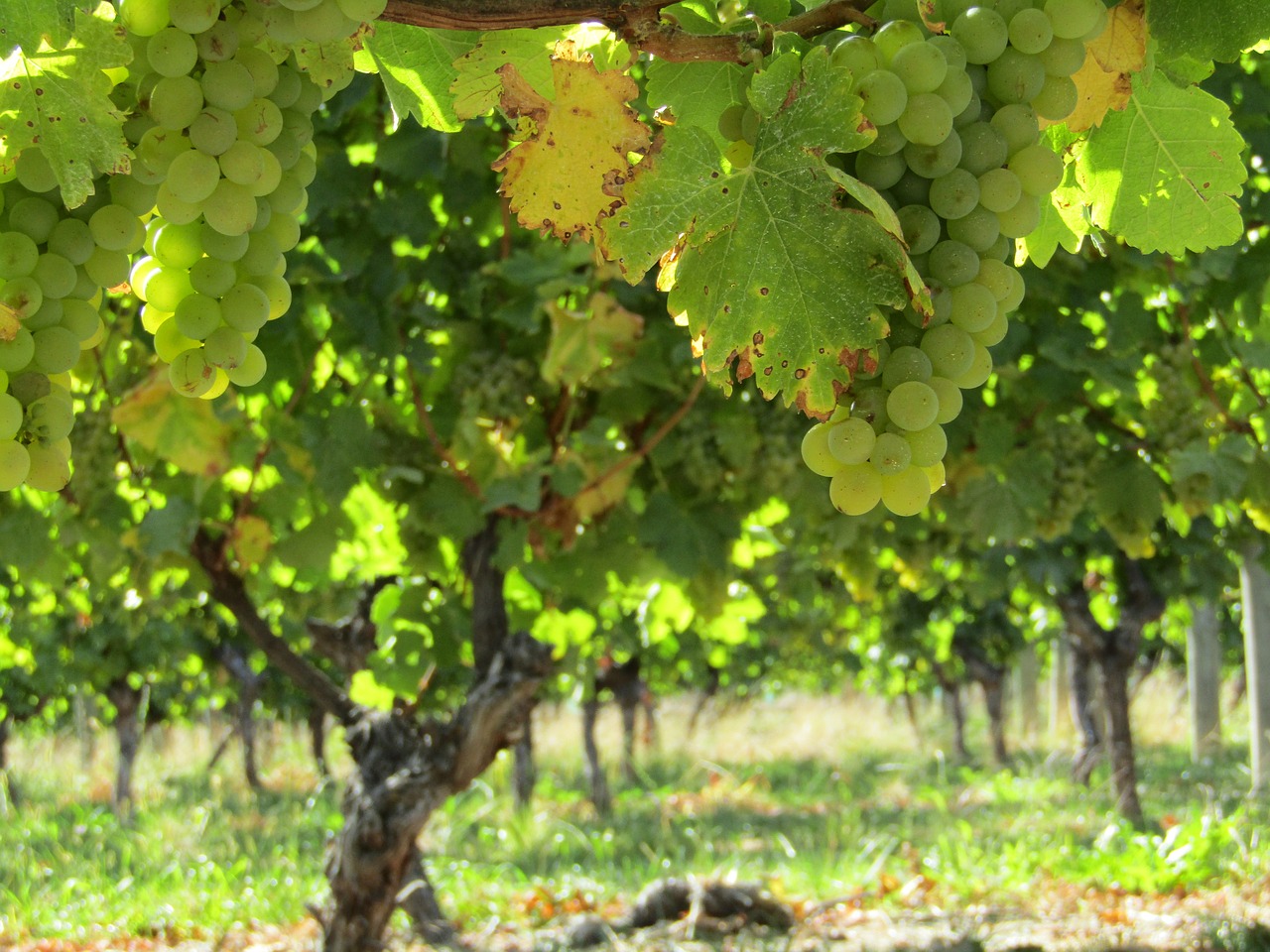
The scenery in the area was breathtaking and every afternoon, we found ourselves lodging in beautiful, modern hotels. Life was good.
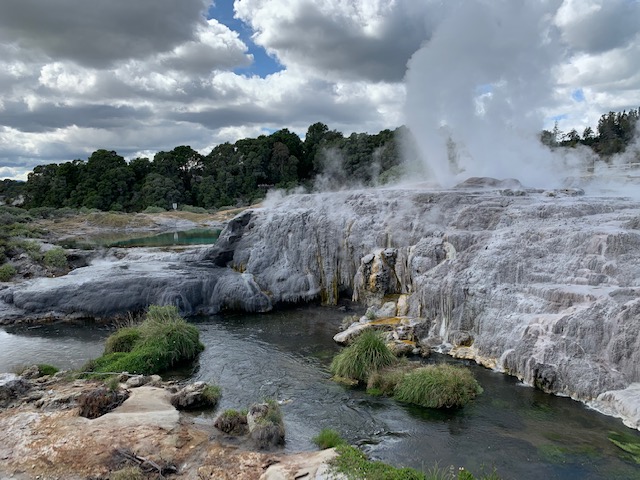
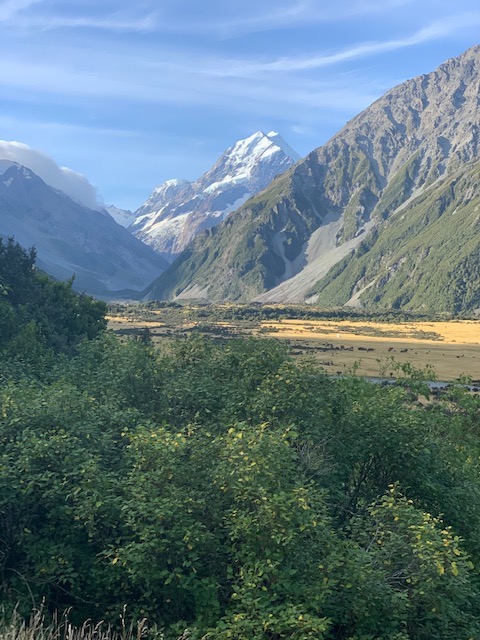
When Donna and I turned on the TV, we heard the growing concern from country leaders all around the world. But it seemed remote. About a week into the trip the White House started urging Americans to return home as soon as possible. We decided to delay, especially after viewing the massive lines of Americans trying to find flights back to the US. Our return tickets were confirmed and we felt pretty safe.
In the second week of our New Zealand trip, our anxiety increased as several airlines started cancelling flights. Many of our friends on the trip were worried. Florinda, from a small town outside of Rome, was locked out of returning home when Italy shut the doors. As the week progressed, our friends from Paris and Sweden had their flights cancelled. Singapore joined Australia in shutting out incoming flights. Some airlines cancelled all of their flights.
We reached Queenstown with only three days left on our trip.
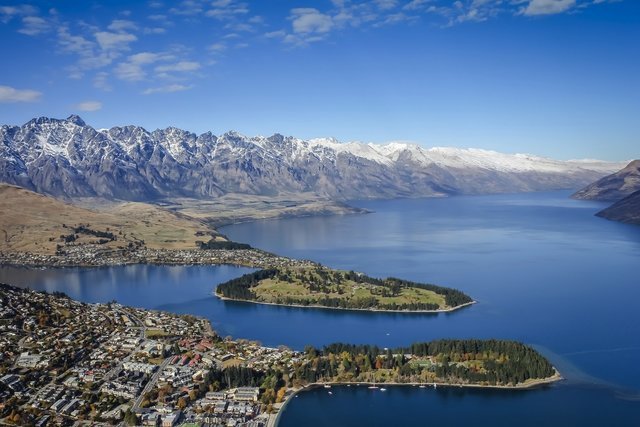
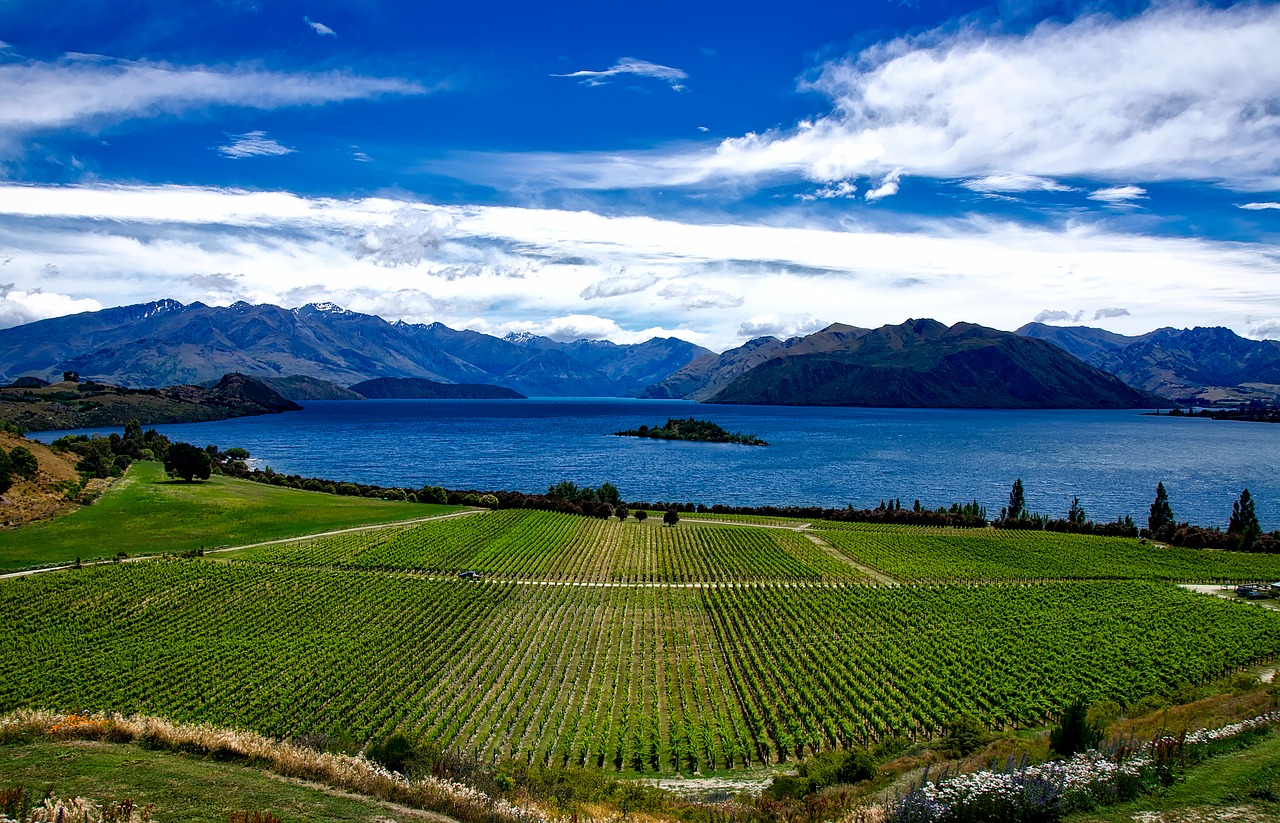
Vineyards near Queenstown cluster near Lake Wanaka to the north and Central Otago to the northeast. We were headed to Central Otago for a tasting when Per and Britt got word the Rippon Winery had cancelled. Responding to the coronavirus, New Zealand’s government was restricting group sizes and there were too many of us. Back in Queenstown, we stopped at an Italian restaurant that told us they needed our names, current address and email. Later at the hotel, we joined friends in the bar for a drink and the bartender demanded the same information. This was our introduction to what we now know is called contact tracing, how epidemiologists track the spread of a pandemic.
The next morning, the Peregrine Winery cancelled our visit, but we were able to have lunch and two winery tastings. Back in town, the hotel called off our final night’s banquet. Walking the streets of the resort town, we found all of the restaurants closed. The only two eating establishments open were McDonalds and KFC. They were serving takeout only.
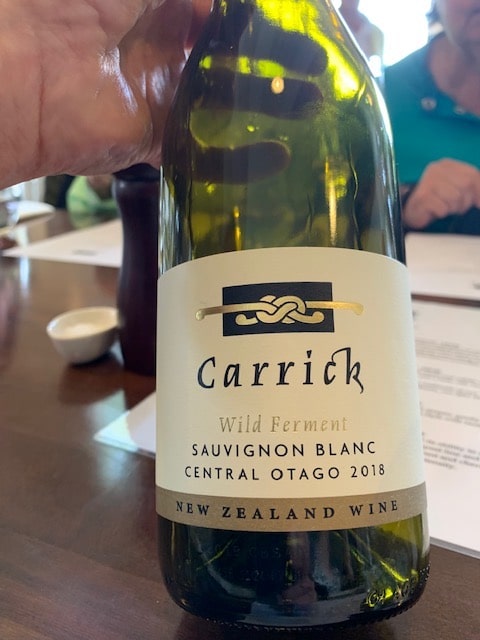
So instead of a farewell dinner with our friends, Donna and I dined in our room with a box of eight chicken wings, coleslaw, and a good bottle of Carrick Sauvignon Blanc from Central Otago. By the way, chicken and Sauvignon Blanc pair well together. To top off the evening, we were notified that our flight from Washington, D.C., to Savannah was cancelled. Meanwhile, our friends from Europe were stranded. They could not make connections.
Our hotel, the Millennium, then announced that it would close its doors on March 25th. It was the evening of March 23rd. What had been a mild worry suddenly took center stage. But late that night, I got notification that we had been rebooked to Newark and from there, we would fly to Savannah. Other couples were not so lucky. Some had booked flights to Sydney, but those were cancelled when it was discovered that they could stay in the airport no more than eight hours. If their connection was longer, they would have to stay in quarantine for fourteen days.
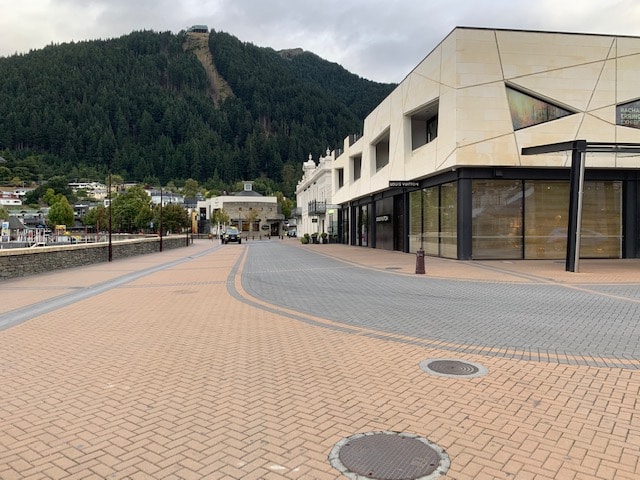
On departure day, March 24th, we walked down into town. Streets that were packed with tourists two days earlier were utterly deserted. We wanted to get to the airport early for our late afternoon flight out, but were told that passengers were not allowed into the terminal more than three hours before their departure, so we were unable to confirm our other flights: Queenstown to Auckland to Los Angeles to Newark to Savannah. It was a tense experience, but we were lucky. Six of our friends are still stranded in Auckland and will probably be there until mid-April.
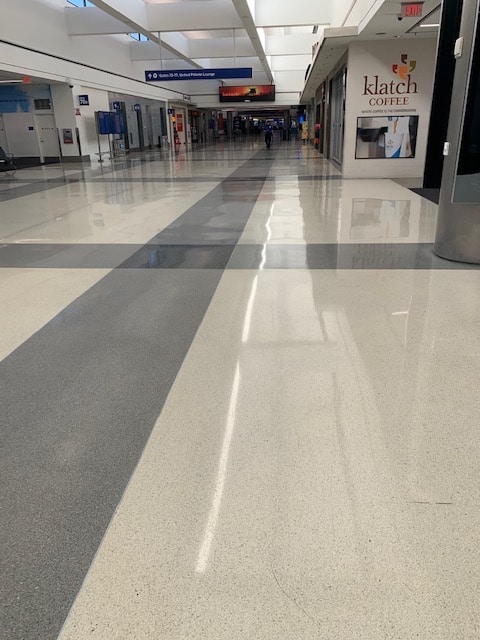
Changing planes at LAX, we walked through an almost empty terminal. Our flight to Newark, on a plane that normally carries three hundred passengers, had fewer than fifty on board. Our flight to Savannah, on a plane that carries seventy-five, had only seven. We were never questioned in any way about our travel destinations, nor were we tested for fever or have blood samples taken. Because we had the mobile passport app on our phones, we were fast-tracked through customs and immigration.
We got home on March 25th and are glad to be here. We decided to self-quarantine for two weeks because we worry that traveling through so many airports might have exposed us, even though we wore gloves and masks. And I think we will all be homebodies for a good while. The planet is not what it was sixty days ago.
I hope this information helps you on your travel plans whenever they’re possible again. Best of luck to all of you.
Michael Ambrose is a wine expert and consultant who had a long career in the food and beverage industry.
